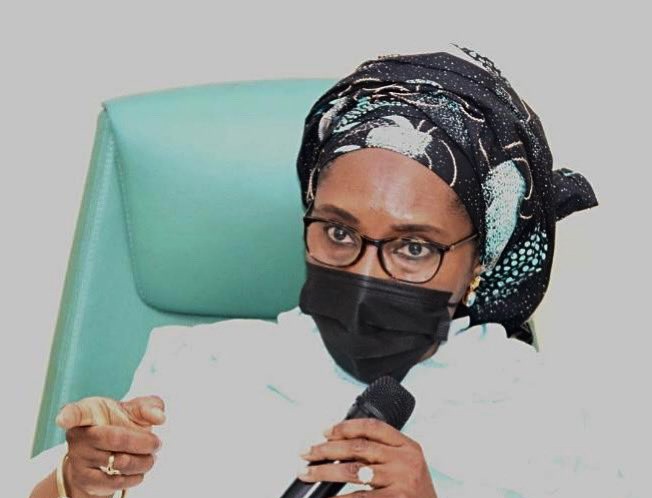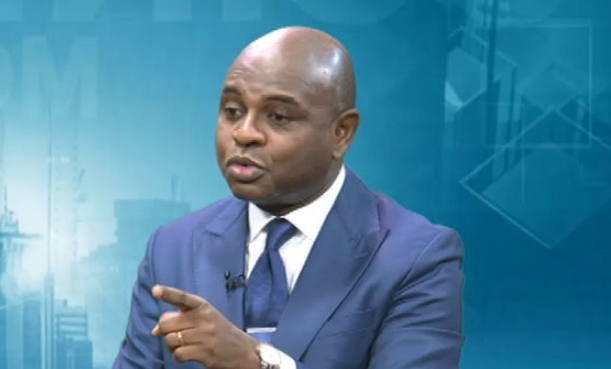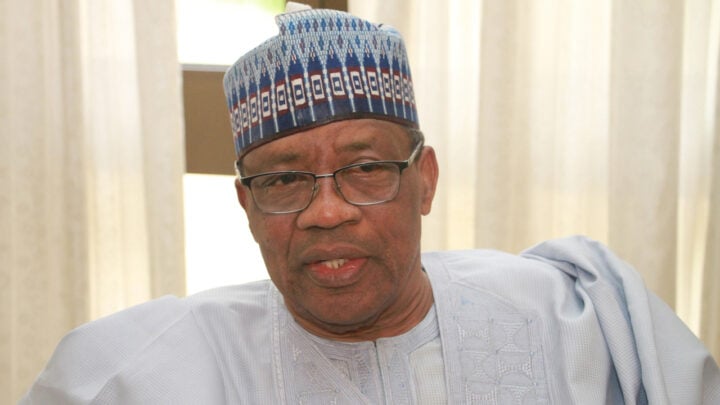The federal government has commenced the pilot phase of its national vehicle registry (VREG) platform in Lagos.
Zainab Ahmed, minister of finance, budget and national planning, announced this during a sensitisation seminar on understanding the process of VREG in Abuja on Thursday.
Ahmed said the pilot phase kicked off at the Nigeria Customs Service (NCS) Kirikiri lighter terminal (KLT) command.
The VREG was established by the ministry of finance, budget and national planning in collaboration with NCS in April 2020 to curb import duty evasion and smuggling of cars into Nigeria.
Advertisement
According to Ahmed, a recent study showed that in a space of one year (between October 2018 and September 2019), Nigeria recorded over N1.8 trillion value of used vehicle importation.
She said the platform was launched to address this challenge of illegal importation, and utilisation of vehicles to commit crimes in the country.
She explained that the platform would be used for information interchange on nationwide vehicle registration, ownership, history and proper road traffic regulation and violation enforcement between key government agencies.
Advertisement
She said the VREG portal would be facilitated by “providing the NCS with guidance in all clearing, duties, registration and redistribution of vehicles, targeted at ensuring that all vehicles are trackable, taxable and generate more revenues.
“The integration of the National Insurance Commission (NAICOM) onto VREG for aggregation and regularisation of vehicle insurance across the country.
“Communication between CBN’s moveable asset registry and VREG to provide dynamic records of vehicular assets.”
She said the Nigeria Police Force and other security agencies such as the Office of the National Security Adviser would facilitate robust nationwide vehicular tracking, comprehensive theft and other vehicle-related crimes reporting.
Advertisement
Ahmed added that the VREG would ensure the enforcement of penalties placed on vehicles by regulators across board and ensure accurate monitoring, documentation and tracking of vehicular activities across the nation.
In his remarks, Aliyu Ahmed, permanent secretary at the ministry, said the platform would increase revenue generation, plug leakages, revitalise the economy, improve access to credit and enhance economic planning.
“These communication and connection channels will facilitate robust functionalities by ensuring thorough remittance of duties by making it nearly impossible to evade duty payment on vehicles,” he said.
“It will provide users, insurance firms and third parties with car facts and history of vehicles, thus creating a disincentive by ensuring that stolen, accident wrecked, and other unsafe vehicles are no longer brought into the Nigerian market.”
Advertisement
Add a comment





